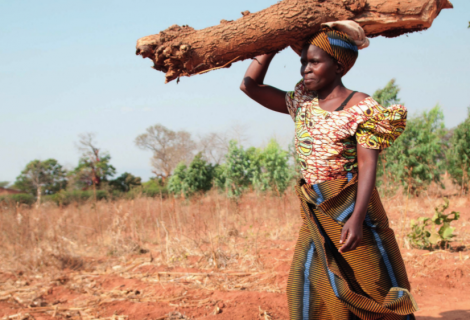
The wrong model for resilience
How G7-backed drought insurance failed Malawi, and what we must learn from it
The G7-backed African Risk Capacity (ARC) drought insurance policy was an experiment that failed Malawi, and in particular its women, in the face of a drought that need not have become a disaster. The insurance, for which Malawi paid US$5 million, failed to deliver on its promise of timely assistance, sorely needed by 6.7 million food-insecure Malawians, due to major defects in the model, data and process used to determine a pay-out. After the declaration of a national emergency in April 2016, ARC’s initial decision that no pay-out was warranted resulted in an uproar, and was eventually followed by agreement in November 2016 to pay Malawi $8 million - but this payment was too little, too late, with the total drought response costs to the Malawian Government estimated at $395 million.
This failure has highlighted the poor value for money of the drought insurance model that had been strongly promoted by the G7, the World Bank and other powerful development actors, and how the scarce resources of the Malawian Government could better be spent. Of all the government officials working in climate risk management we spoke for this report, none would choose to renew the insurance policy, preferring to use the money to carry out adaptations to build resilience: these adaptations have been proven to work, but are severely under- resourced.
The women farmers we spoke to were found to be unfamiliar with insurance, and wary of financial institutions. They are calling for more inclusive services and more training in how to run their popular village savings and loans schemes (VSLs), which offer risk management in case of emergencies.